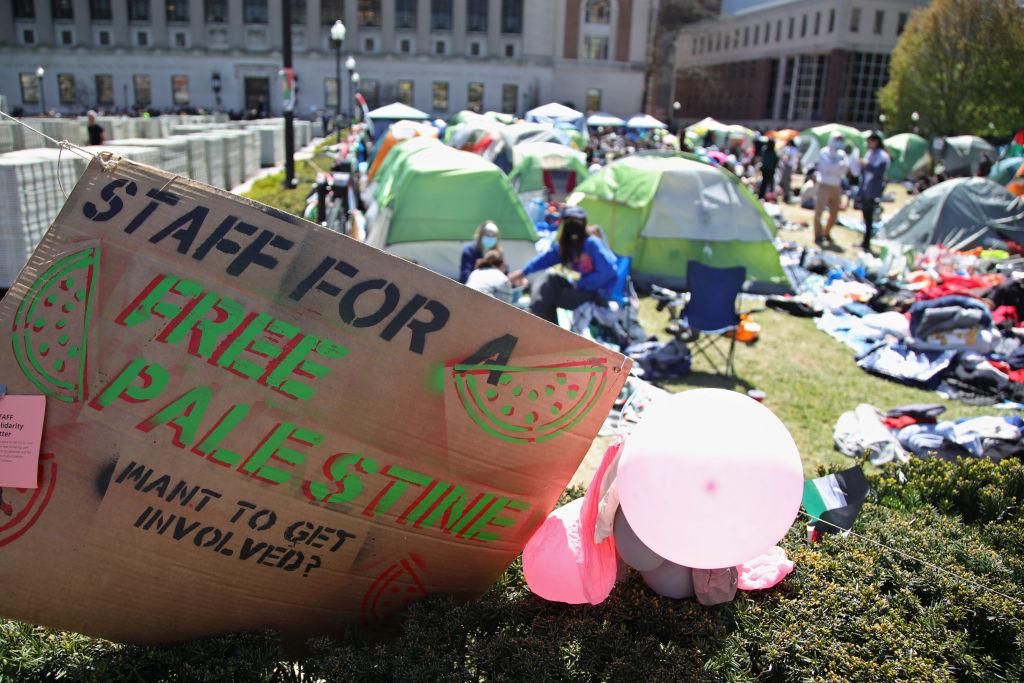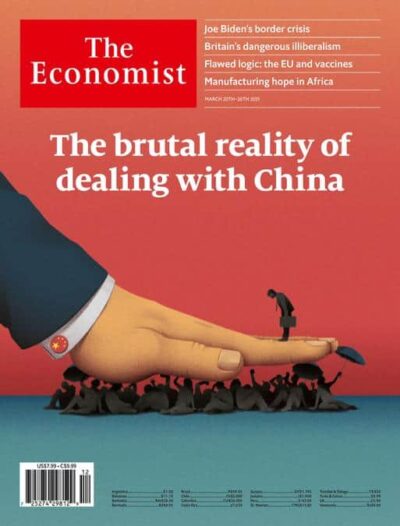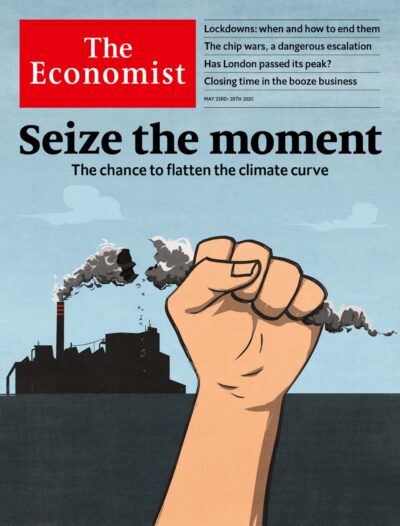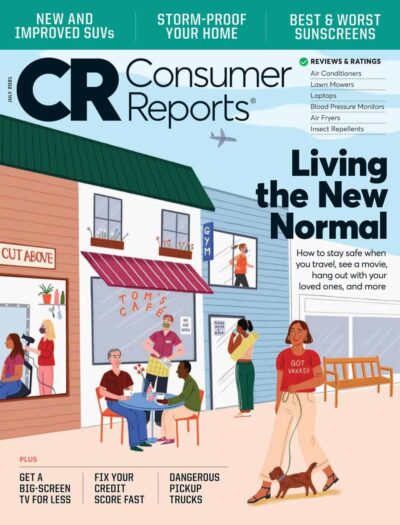

What Professors Owe Our Students Right Now
Tuesday, April 23, was the last day of my class for the semester at Barnard College, Columbia University’s sister college, and I woke up to several emails from my students that morning. “I don’t want to come to campus,” they said. “I don’t feel safe.”
I didn’t blame them. Police in riot gear lined up along Broadway. Protesters from outside the university had gathered at the gates, drawn to campus by the hullabaloo. Media narratives swirled about a campus run amuck; no doubt worried parents were texting them to be careful.
[time-brightcove not-tgx=”true”]
Our campus no longer felt like ours.
Days earlier, on April 17, the campus had woken up to dozens of green tents that had sprung up like mushrooms on a campus lawn. Many in the media have blamed the crisis that ensued on the pro-Palestinian students who organized the encampment to protest the war in Gaza and pressure the university to divest from companies doing business in Israel. But as a faculty member watching the conflict unfold, I believe it is not the encampment itself, but the administration’s response to it, that has incited our current crisis.
Hours after the tents appeared, Columbia President Minouche Shafik sat down before a congressional hearing entitled “Columbia in Crisis: Columbia University’s Response to Antisemitism.” For nearly four hours, members of congress grilled Shafik, alleging Columbia had been overrun by “pro-terrorist” activists and accusing the University of being a “hotbed of antisemitism.” Her inquisitors made a variety of false and misleading allegations about the university, its students, and its faculty. In response, Shafik pledged order and discipline.
On Thursday, she made good on that promise. Less than 24 hours after the hearings, dozens of police in riot gear descended on campus, entered the encampment, and carted off over a hundred students in zip ties. The move has ignited a firestorm on our campus, which has now spread to more than a dozen schools across the country.
Faculty have different opinions about the substance of the student protestors’ demands. They have different positions on the crisis in the Middle East. But the administration’s decision to call in the NYPD has provoked widespread outrage. The rapid and overwhelming use of force seems disproportionate to a nonviolent student protest. The resort to force has further inflamed the already difficult dialogues that have animated our campus this year—about Israel and Palestine, academic freedom, and where one person’s right to expression ends and another one’s right to be free of harassment begins. Ultimately, too, it has called into question what we, as professors, owe our students.
In response to the arrests, many of my colleagues have jumped in to support our students, especially those from Barnard, who in addition to being arrested and suspended were summarily evicted from their dorms and now have nowhere to sleep. We organized a rally to protest the arrests and suspensions of peaceful student protesters and to affirm the value of free expression.
Read more: Scenes From Pro-Palestinian Encampments Across U.S. Universities
Students too have responded to the moment. The pro-Palestine encampment is gone—but another one materialized within an hour on an adjacent lawn. The organizers wrote a code of conduct governing the space and have organized interfaith services, a teach-in on antisemitism, and a Passover Seder. A member of Columbia’s Task Force on Antisemitism—a campus body formed in the fall and tasked with “understanding how antisemitism manifests on campus”—arrived with a shank bone for the Seder. Together with faculty, students have trained in de-escalation strategies to protect the campus from provocateurs who have arrived seeking conflict. Student journalists from The Columbia Spectator and KCRW Radio have kept campus—and the world—informed about what is happening, even as the administration has limited press access to campus.
Meanwhile, the administration’s decision to arrest and suspend has not made any of us safer. In fact, it has provoked disorder. A week after the mass arrests, the campus feels under siege—not from the students in the (second) encampment, but from outside forces hellbent on dividing us. These include hostile members of congress (on April 24, House Speaker Mike Johnson held a press conference in the center of campus and lectured our students to “go back to class”) and inflammatory media narratives about violence and chaos. Proud Boys co-founder Gavin Mcinnes was spotted on campus yesterday, and there are reports of far-right media figures headed for campus as I write this.
These agents of chaos do not share the university’s values. Yet these are exactly the values we owe our students. We owe them serious discussion, not viral soundbites. We owe them interactions based on reason, not force. We owe them a commitment to free inquiry. We can acknowledge that others’ expressions may cause us deep discomfort but also help them to understand the difference between discomfort and real harm. We can help them listen respectfully to those with whom they disagree.
Unfortunately, a panicked university administration has genuflected to the outsiders, and in the process, has failed to stand for what we as an academic community must defend: not just issues concerning Israel or Palestine, but what students deserve above all—the conditions that make reasoned teaching, research, and discussion about this and many other issues possible in the first place. Instead of restoring order, the administration has sown chaos and exposed community members to actual danger. If we are to reclaim our university, faculty and students must do it together. We must work to quell tensions, to support one another, and, with helicopters buzzing overhead and worried texts filling our phones, to forge ahead with the important business of teaching and learning.
I think we’ve done an admirable job.
On Tuesday before class, in response to the emails arriving in my inbox, I sent my students a message: “Whether you attend remotely or in person, please show up.” Not because I’ll be taking attendance, I told them. Not because it matters for your grade. But because we’ll be talking about today’s readings, the last readings of the semester, and because gathering in a classroom feels like a small act of resistance on a campus besieged.
A half hour later, I walked into the classroom. Dozens of students sat quietly waiting, laptops open. More than a dozen more appeared on zoom, some from their dorm rooms, some from the encampment. Almost every student in the class was there.
They had shown up.
Get the latest work and career updates delivered straight to your inbox by subscribing to our magazine category today. Stay informed and ahead of the game with Subscrb.
The content on this website has been curated from various sources and is for informational purposes only. We do not claim ownership of any of the content posted here, all rights belong to their respective authors. While we make every effort to ensure that the information is accurate and up-to-date, we cannot guarantee its completeness or accuracy. Any opinions or views expressed on this website are solely those of the original authors and do not necessarily represent our own. We do not endorse or take responsibility for the content or actions of external websites or individuals linked from this website. Any reliance on the information provided on this website is done at your own risk. Please note that this article was originally seen on the source website TIME, by the author Nara Milanich
-
SALE!




Forbes Asia Magazine Subscription
From: RM220 / year -
SALE!


Fortune Magazine Subscription
From: RM118 / year -
OUT OF STOCK




The Economist Magazine Subscription
From: RM1530 / year -


Inc. Magazine Magazine Subscription
From: RM22 / year -


Consumer Reports Magazine Subscription
From: RM22 / year -


Harvard Business Review Magazine Subscription
From: RM83 / month -


Entrepreneur’s Startups Magazine Subscription
From: RM4 / year -


BILLIONAIRE Magazine Subscription
From: RM131 / year



